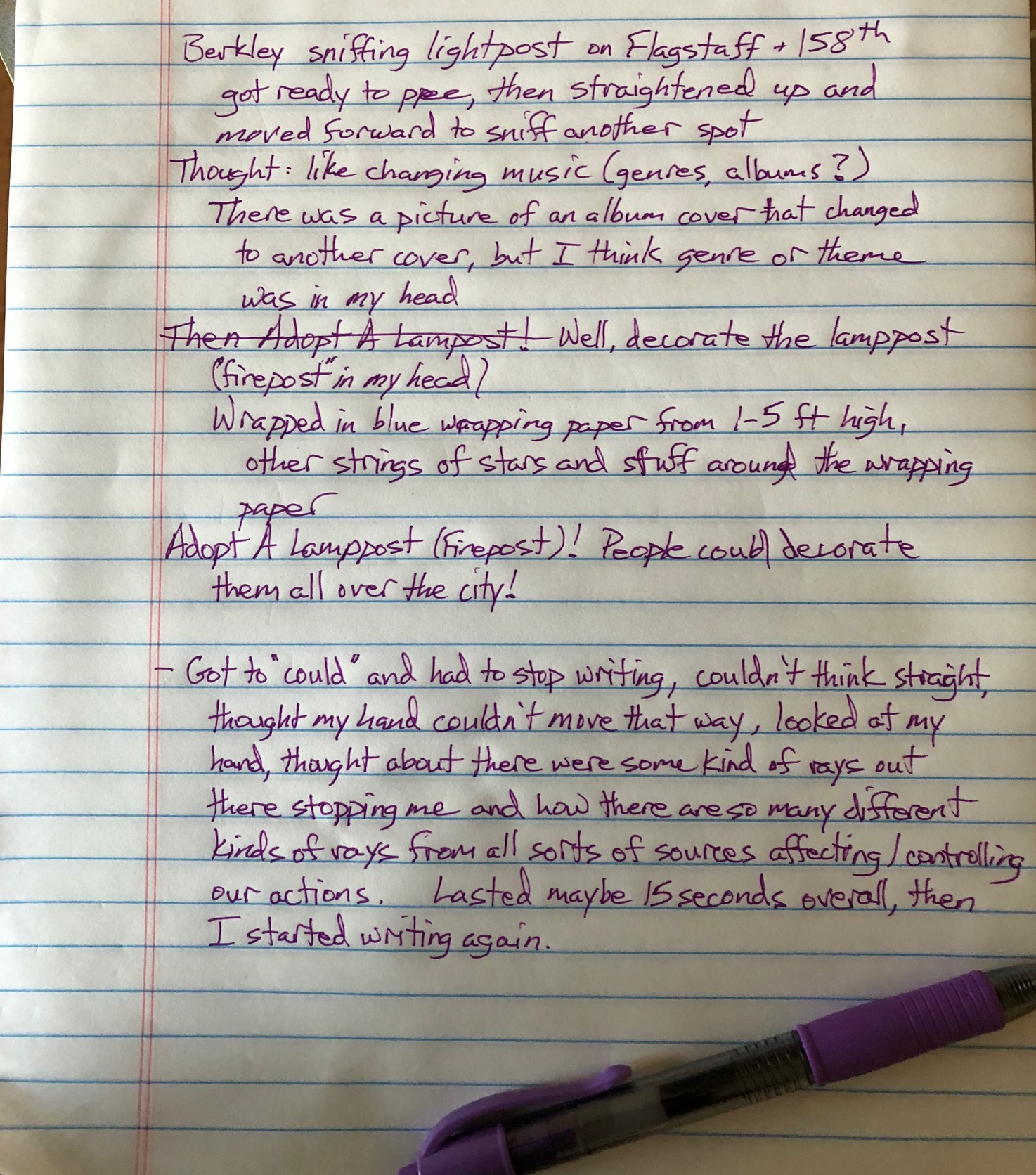I had originally written the title as “Just another day”, but I think it’s important to acknowledge that epilepsy awareness is pretty dang significant. It’s like Veterans’ Day or Black History Month or any unit of time that deserves a title with capital letters. People who have epilepsy shouldn’t be marginalized or forgotten or ignored. We’re special… maybe not in a good way, but still special.
I thought about “just another day” because it’s also a way of life for us, something that we deal with every day. Something that I deal with every day. And twice a day when I take my medications, too. (I’d say “morning” and “night”, but as long as I take them at least six hours apart, I’m happy. And for the record, a lot of people don’t have that luxury.)
It just seemed to resonate today because I’m having flashbacks to about 18 years ago. That was a time when my seizures were uncontrolled. Infrequent, but still uncontrolled. Every once in a while, I’d have a blackout. No triggers that caused them, no sensation that it was about to happen. I’d just walk into the kitchen and then I was walking out with a plate of eggs and toast for breakfast. Or watch a Vikings game and then it was ten minutes further into the game and the scoreless tie was 7-0. Or I’d be doing something unimportant and then I was in the middle of a conversation with my mother and only stopped talking because I couldn’t remember the word “chart”. I could think of the lines going up and down and side to side, but not the word. And that was par for the course. I got used to them.
But it’s not like we sat back and let it happen. I was “medication hopping” for a while. We tried a variety of different combinations and doses of medications back around 2000-01. I don’t remember all of them, though I recall taking Trileptal and the doc eventually increased it to a toxic dosage. He thought it would be okay because “I was a big guy”, but the seizures kept happening. So we tried another. And another.
Thankfully, after a stay in the epilepsy ward of United Hospital, the doctors found the right combination. (They glued a bunch of electrodes to my head to find where the excess electrical activity was, then picked medications to address that.) And for fifteen years, that became par for the course.
And then it wasn’t anymore. My body started getting acclimated to those medications and I had to try something else. And I was scared. There was some combination in the early 2000s that really messed with my head. My long-term memory suffered. A lot. And so I was scared. I was about to try a new kind of medication and I didn’t know what that would do to me. Would I forget more things from my past? Would my behavior change? Would I still be… me? Thankfully, Teresa was there to comfort me that night because I did a lot of crying. Because I was scared.
I’m not scared now. I’ve done some more medication hopping since last year, but to no avail. Well, not complete avail. Certainly not “fifteen years with no seizures” avail. But really, not even “I can tolerate this level of seizures in the long term” avail. I’ve got an appointment scheduled with my doctor at Minnesota Epilepsy Group at the end of the month and we’ll talk about a different type of treatment. Maybe a different dosage of what I’m taking, but probably a different medication altogether. And I’m not crying this time. I didn’t any of the other times we’ve made medication changes since last year, either. Because I’m still me, I’m still functional and I’m still able to talk about having epilepsy and seizures. I was afraid of starting medication hopping all over again, but now? Now it’s par for the course.


